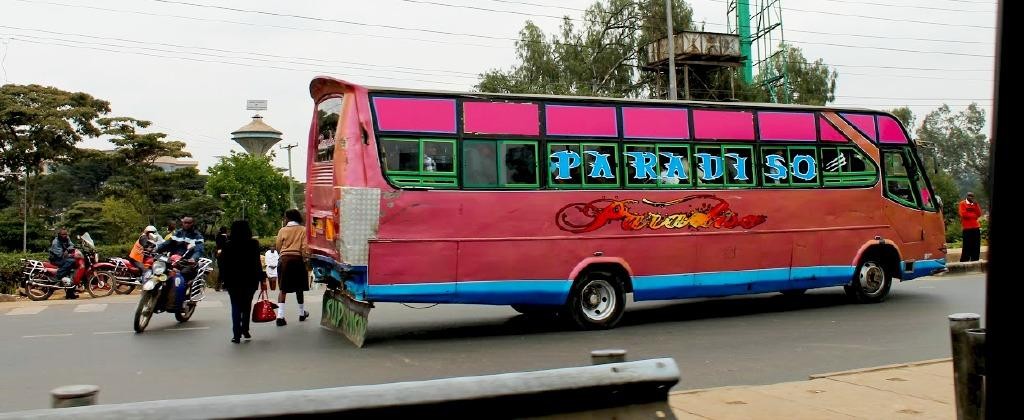This research consortium aims to address the challenges and opportunities within the informal transport and shared mobility (ISM) sector in low- and middle-income countries (LMICs) across Asia, Africa, and Latin America. Recognizing the vital role of ISM in providing access to services, opportunities, and goods, especially for lower-income residents in informal settlements, the project focuses on improving access, services, working conditions, and emissions in this sector. The consortium acknowledges the significant impact of air pollution and climate change on these communities, emphasizing the need for equitable and sustainable transportation solutions.
The approach is holistic and interdisciplinary, employing 'living labs' in eight cities (Accra, Bangkok, Beijing, Bogotá, Cape Town, Kumasi, Mumbai, and Metro San José) to foster inclusive and collaborative research. These living labs will engage a wide range of stakeholders, including drivers, operators, passengers, government bodies, and technology firms, in a bottom-up research process. This method aims to co-produce knowledge and solutions, addressing multiple challenges such as affordability, safety, emissions reduction, and public health improvement. The consortium plans to produce a significant body of academic work, including PhD and MA theses, city reviews, working papers, and peer-reviewed articles, focusing on themes like equity, governance, and integration within the ISM sector. Additionally, policy papers and discussions will be developed to influence better regulation, governance, and reforms, aligning with Sustainable Development Goals and Global Climate Agreements. The overarching goal is to establish a sustainable research network based on living labs, fostering a community of learning and impactful policy and practice interventions.
Potential and Vision
To build a strong, extensive and sustained cutting-edge global ISM research and policy network based on ongoing ́living labsμ in order to
1) model an engaged, collaborative, eco/systems thinking approach that centers equity and social justice, 2) use research accumulated in this way to change the paradigm on ISM research and policy,
3) leverage evidence to advocate for specific transformations that improve welfare, equity, access and public health, while reducing emissions for people across key metropolitan regions and cities across the globe with a focus on LMICs,
4) support next generation scholars in furthering this agenda and 5) amplify voices of workers, operators and passengers through a kind of radical democratizing of research in order to have real and much needed impacts at multiple levels.

